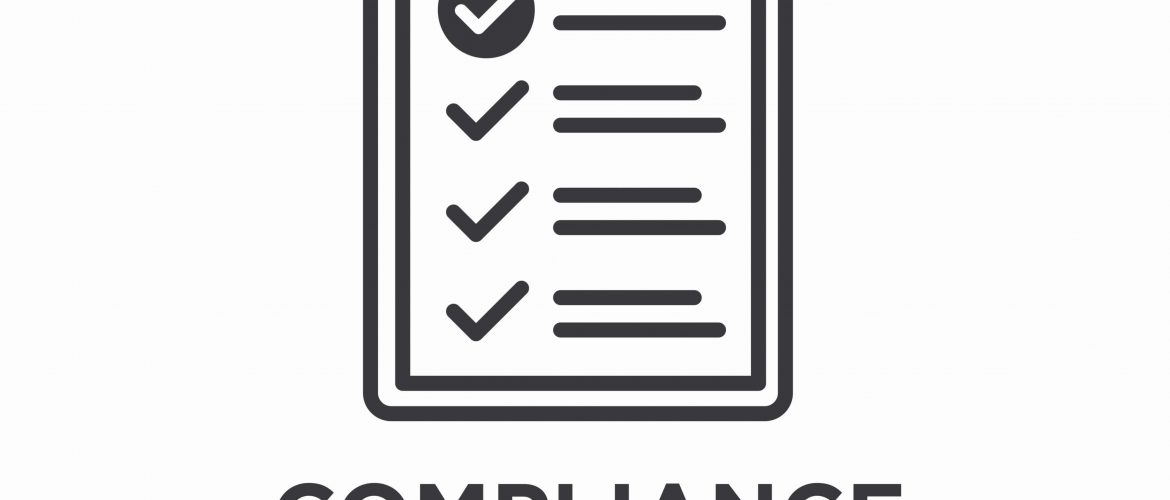SAMHSA Offers Tips for Reactions to Social Distancing, Quarantine, and Isolation During an Infectious Disease Outbreak
The Substance Abuse and Mental Health Services Administration (SAMHSA) has published facts and tips for dealing with the impact of social distancing during an event such as COVID-19.
Everyone reacts differently to stressful situations, including an infectious disease outbreak that requires changes in daily life habits. People may feel anxiety, worry, or fear related to their own health or that of others they know who also fear or may have experienced exposure to the disease. If a resident or staff member has been exposed or tested positive, others may resent that they need to go into quarantine as a result.
The experience of monitoring yourself or being monitored for signs and symptoms of the disease is stressful. Uncertainty or frustration about how long this situation will continue and uncertainty about the future cause added anxiety. For residents in nursing homes, loneliness may be magnified by feelings of being cut off from loved ones. Those experiencing mixed emotions when isolated may feel sadness or anger because friends and loved ones are not accessible.
According to SAMHSA, the best way to end fear is to learn about the disease and the actual risk. Sharing this information will often calm fears and allow individuals to reconnect with others by following distancing guidelines. Staff members should remain alert for negative changes in residents that may signal potential for acting out or self-harm, and report these observations immediately.
If a staff member experiences symptoms of extreme stress—such as trouble sleeping, problems with eating too much or too little, inability to carry out routine daily activities, or using drugs or alcohol to cope—they should contact their health care provider. If overwhelmed with emotions such as sadness, depression, anxiety, or feelings of causing self-harm, SAMHSA recommends calling 911 or the National Suicide Prevention Lifeline at 1-800-273-TALK (1-800-273-8255).
Compliance Perspective
Failure by a facility to design care plan interventions and provide individualized activities to address the emotional impact of social distancing, quarantine, and isolation during an event such as the COVID-19 pandemic may be considered abuse, neglect, involuntary seclusion, and failure to comply with residents’ rights, putting them in violation of state and federal regulations.
Discussion Points:
- Review policies and procedures for social distancing, quarantine, and isolation designed to guide staff in preventing the spread of infection during potential or actual outbreaks of infectious diseases, and update as necessary to comply with CDC requirements.
- Train staff to follow CDC and CMS guidelines when performing care and meeting residents’ needs when social distancing, quarantine, or isolation protocols must be implemented. Teach staff to identify and immediately report to their supervisor or the hotline any concerns that residents may be experiencing increased sadness, depression, anxiety, and even thoughts of self-harm related to reduced social interaction or fear. Encourage the application of trauma-informed care that may help relieve stress that can lead to negative reactions.
- Audit to ensure that staff have implemented all necessary measures and that care plans include interventions designed to provide activities that are safe within the restricted social contact period. Monitor residents for changes in behavior related to modifications in their normal routines, and notify the physician as appropriate.












































































